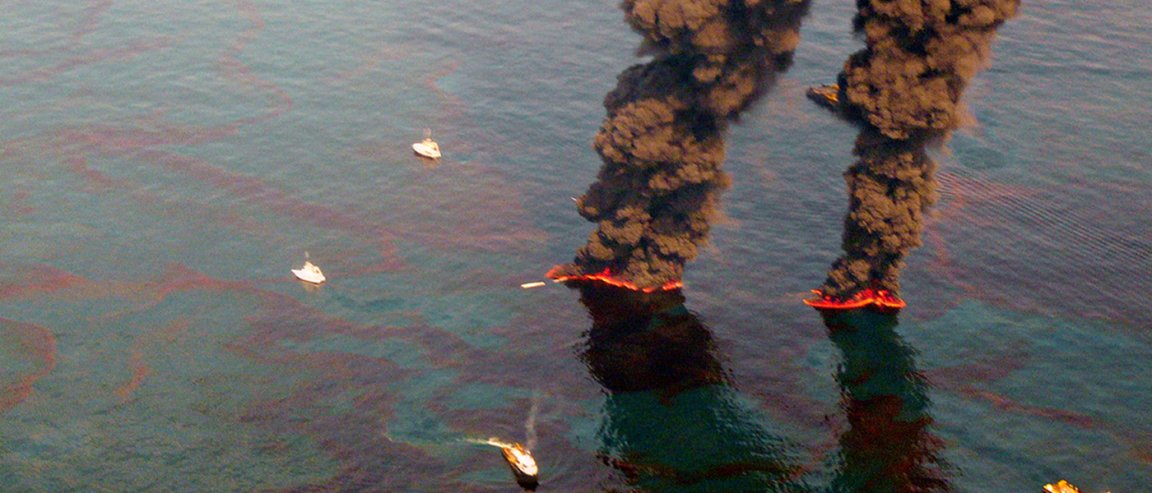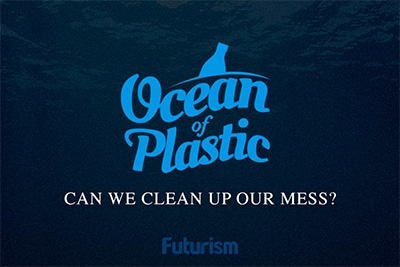
Soak It Up
We may have our best tool yet for fighting oil spills as researchers from Argonne National Lab have developed a new material that can absorb up to 90 times its weight in oil.
The new technology works like a sorbent, the floating absorbent material that is commonly used to soak up oil during spills. However, while commercial sorbents are effective, they can only absorb between three and 70 times their weight in oil, depending on the material used.
Their biggest disadvantage is that they are not reusable. As soon as the material absorbs the oil, it has to be taken out of the water. Naturally, this means massive quantities of sorbents are needed for major spills, which incurs a lot of cost.

This new material, however, is made from a polyurethane foam covered in silane, which attracts oil. To ensure its absorbency, the ratio of polyurethane to silane has to be very precise — too little and the sponge won’t absorb the oil, too much and the material fails to be reusable. Getting this ratio right is the trickiest part of the production process.
To test their creation, the scientists treated several pads and placed them inside mesh bags. Then, they dragged the pads behind an oil-spewing pipe in a pool specifically used to practice emergency responses to oil spills. Afterward, they wrung out each pad and repeated the process multiple times. At the end of the experiment, they discovered that their silane-treated foams tested much better than untreated samples or any of the commercial sorbents available today.
Cleaning Up
Unfortunately, oil spills happen more often than we’d like, and to date, our ability to effectively deal with the damage is very limited.

A 10-ton spill in the Baltic Sea killed over 60,000 long-tailed ducks. Pipelines currently in construction, such as the Keystone XL, will significantly impact habitats and put endangered species at risk, and the ever-increasing demand for oil is prompting people to drill for it in unlikely places, including the Arctic Ocean, where we currently have no technology proven to effectively clean up a spill should it happen.
While it almost goes without saying that oil spills are incredibly harmful to the environment, they also have serious economic repercussions. For instance, the Deepwater Horizon oil spill caused so much damage to coastal towns in the Gulf of Mexico that tourism dropped. This new material could go a long way toward ensuring that doesn’t happen again.
While they’ve yet to determine if the sponge will be useful in the open ocean, the material does hold promise for cleaning smaller spills and those closer to coastlines. The team is now working toward large-scale production, and once the technology has been refined, the material could be stored in locations like oil rigs, areas with high shipping traffic, or at offshore operations, ready to be used in the event of an oil spill.